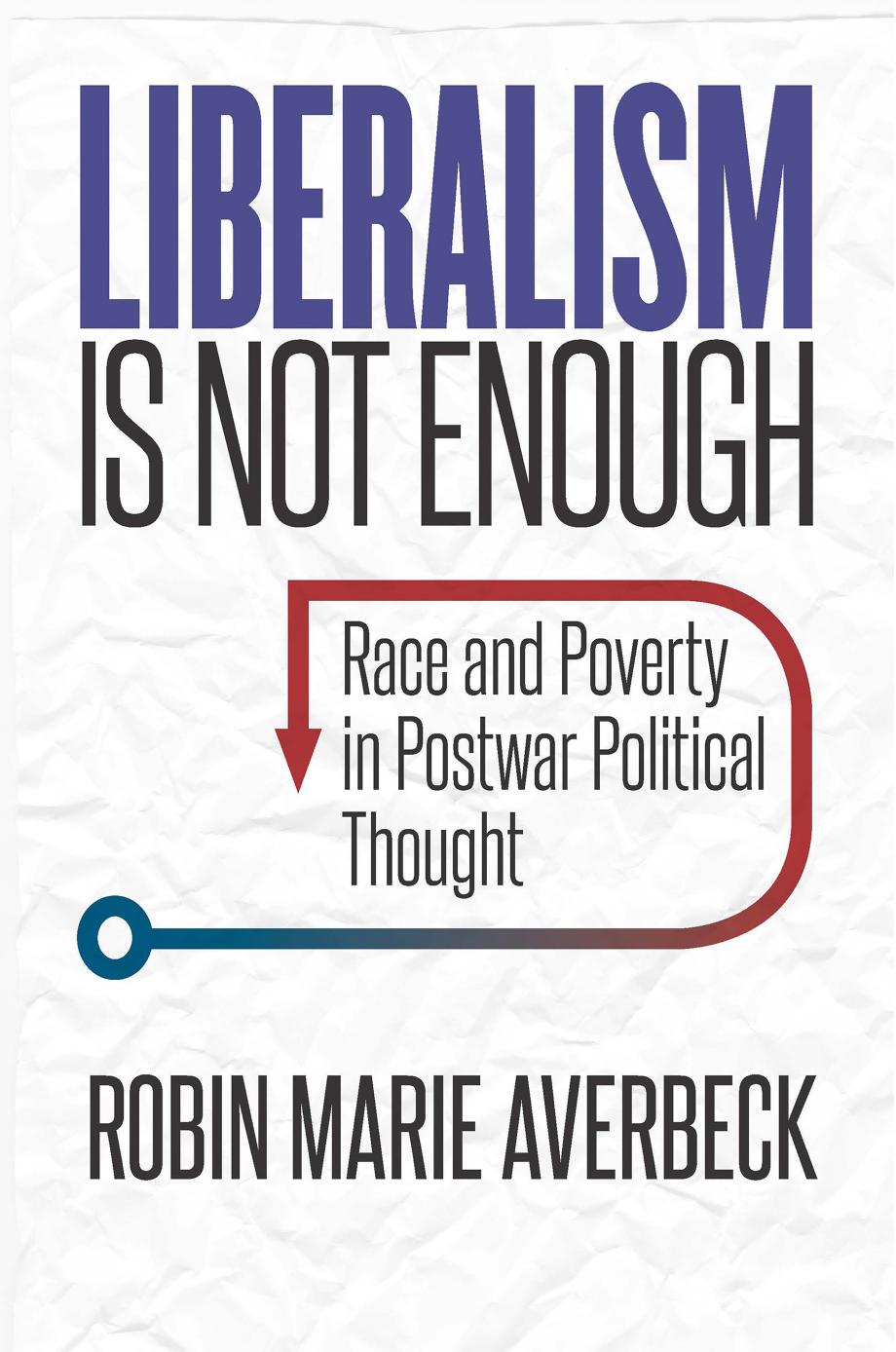Liberalism Is Not Enough: Race and Poverty in Postwar Political Thought by Robin Marie Averbeck

Author:Robin Marie Averbeck
Language: eng
Format: epub, pdf
Tags: History, United States, 20th Century
Publisher: University of North Carolina Press
Published: 2018-01-15T00:45:47.768000+00:00
CHAPTER FOUR
Building the Blame
Illegitimacy is a painful subject, but one is surprised in this age of the Foul Speech Movement to find that it is also thought to be a dirty word.
—DANIEL PATRICK MOYNIHAN, “The President and the Negro”
What am I going to say about a book that goes on for 300 pages complaining that Negroes are not Jews?
—MURRAY KEMPTON, “Notes from the Academy,” commenting on Beyond the Melting Pot, as quoted by Daniel Patrick Moynihan
In 1963, the black leader who received the most airtime on American television was not Martin Luther King or another liberal leader of the mainstream civil rights movement, but Malcolm X.1 Arguing that whites would never allow blacks to participate equally in American society, Malcolm X and other militant black leaders rejected assimilation and offered instead a vision of black unity and pride. The rhetoric of militant black leaders appeared to have some validity when in 1964 Lyndon Baines Johnson and the Democratic Party refused to unseat the official all-white delegation from Mississippi and replace it with the delegation from the civil rights-organized Mississippi Freedom Democratic Party (MFDP). As the Democratic establishment failed at cobbling together a compromise with the representatives of the old racial order and the civil rights activists, rhetoric about equality and participation rang hollow as the delegation from the MFDP went home frustrated and disillusioned.2
In the fall of 1964—after the passage of the Civil Rights Act that summer—the Republican Party nominated Barry Goldwater, an ideologically committed conservative with libertarian principles, as their nominee for president. Although Goldwater did not pander overtly to racists, he voted against the Civil Rights Act on libertarian grounds and spearheaded the alliance between the Sunbelt West and South that relied not only on antigovernment rhetoric but on subtle racial backlash.3 The voter who wished for a candidate more explicit about racial politics might not have had anyone to vote for in the national election, but George Wallace, an overt supporter of segregation, had run against Johnson for the Democratic nomination. Wallace did surprisingly well in the primaries of several northern states, winning 43 percent of the vote in Maryland and over 30 percent in Indiana and Wisconsin.4 Meanwhile in California, 65 percent of voters overturned an open-housing bill intended to combat residential discrimination.5
In August 1965, the poverty-ridden black neighborhood of Watts in Los Angeles exploded in a five-day rebellion one week after the passage of the Voting Rights Act—sending President Johnson, and most of white America, into agitated and fearful frustration over why, with political and legal equality granted, African Americans were still discontented.6 Less spectacularly but no less significantly, organized labor also suffered in 1965 from the increasing tie between the politics of race and the politics of class when it lost a battle to overturn section 14(b) of the Taft-Hartley Act, the clause that allowed states to pass right-to-work laws. The attempt to overturn 14(b) was defeated by a coalition of southern Democrats and conservative Republicans, an effort led by an overt segregationist from South Carolina, Senator Strom Thurmond.
Download
Liberalism Is Not Enough: Race and Poverty in Postwar Political Thought by Robin Marie Averbeck.pdf
This site does not store any files on its server. We only index and link to content provided by other sites. Please contact the content providers to delete copyright contents if any and email us, we'll remove relevant links or contents immediately.
The Secret History by Donna Tartt(19002)
The Social Justice Warrior Handbook by Lisa De Pasquale(12177)
Thirteen Reasons Why by Jay Asher(8874)
This Is How You Lose Her by Junot Diaz(6857)
Weapons of Math Destruction by Cathy O'Neil(6249)
Zero to One by Peter Thiel(5768)
Beartown by Fredrik Backman(5718)
The Myth of the Strong Leader by Archie Brown(5482)
The Fire Next Time by James Baldwin(5409)
How Democracies Die by Steven Levitsky & Daniel Ziblatt(5200)
Promise Me, Dad by Joe Biden(5132)
Stone's Rules by Roger Stone(5065)
A Higher Loyalty: Truth, Lies, and Leadership by James Comey(4937)
100 Deadly Skills by Clint Emerson(4900)
Rise and Kill First by Ronen Bergman(4761)
Secrecy World by Jake Bernstein(4727)
The David Icke Guide to the Global Conspiracy (and how to end it) by David Icke(4685)
The Farm by Tom Rob Smith(4489)
The Doomsday Machine by Daniel Ellsberg(4474)
